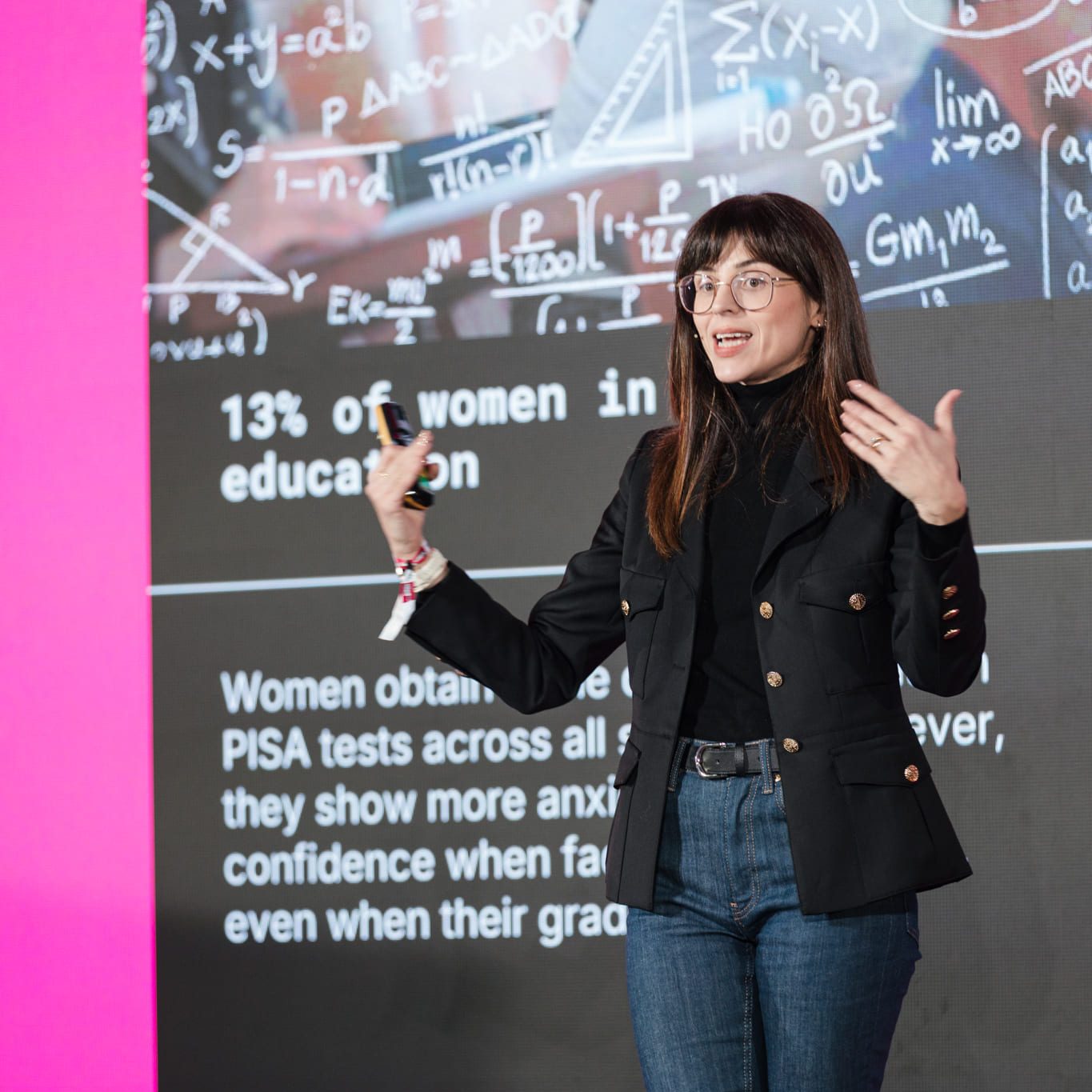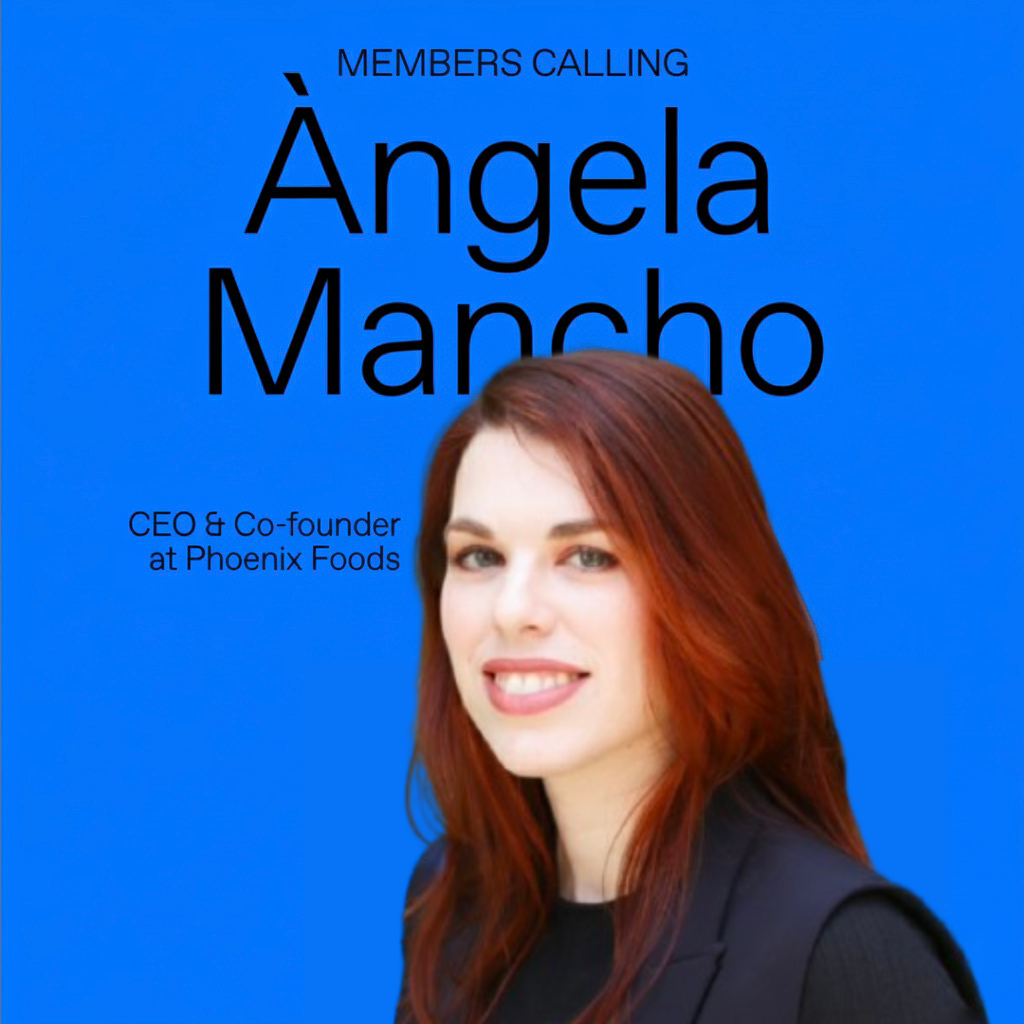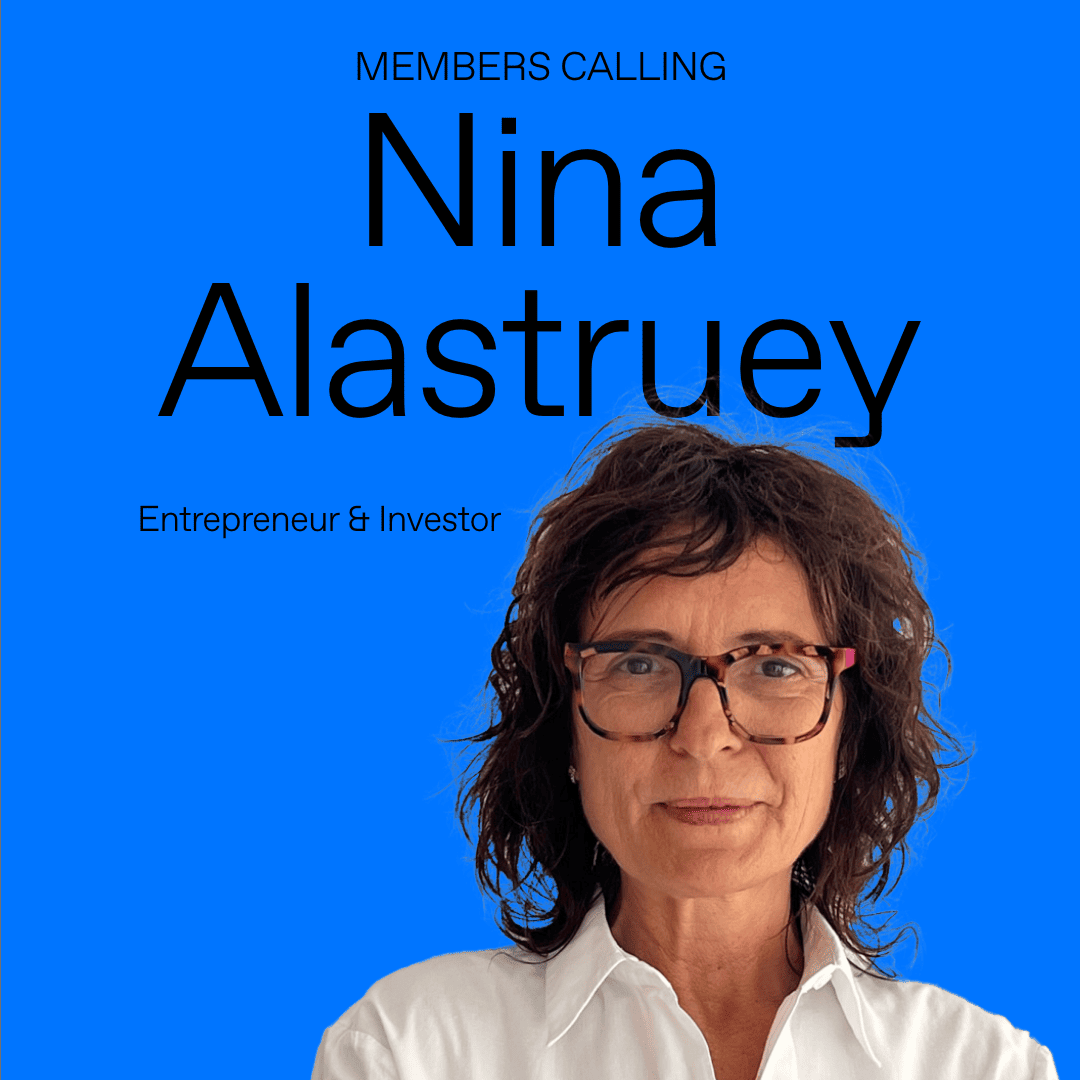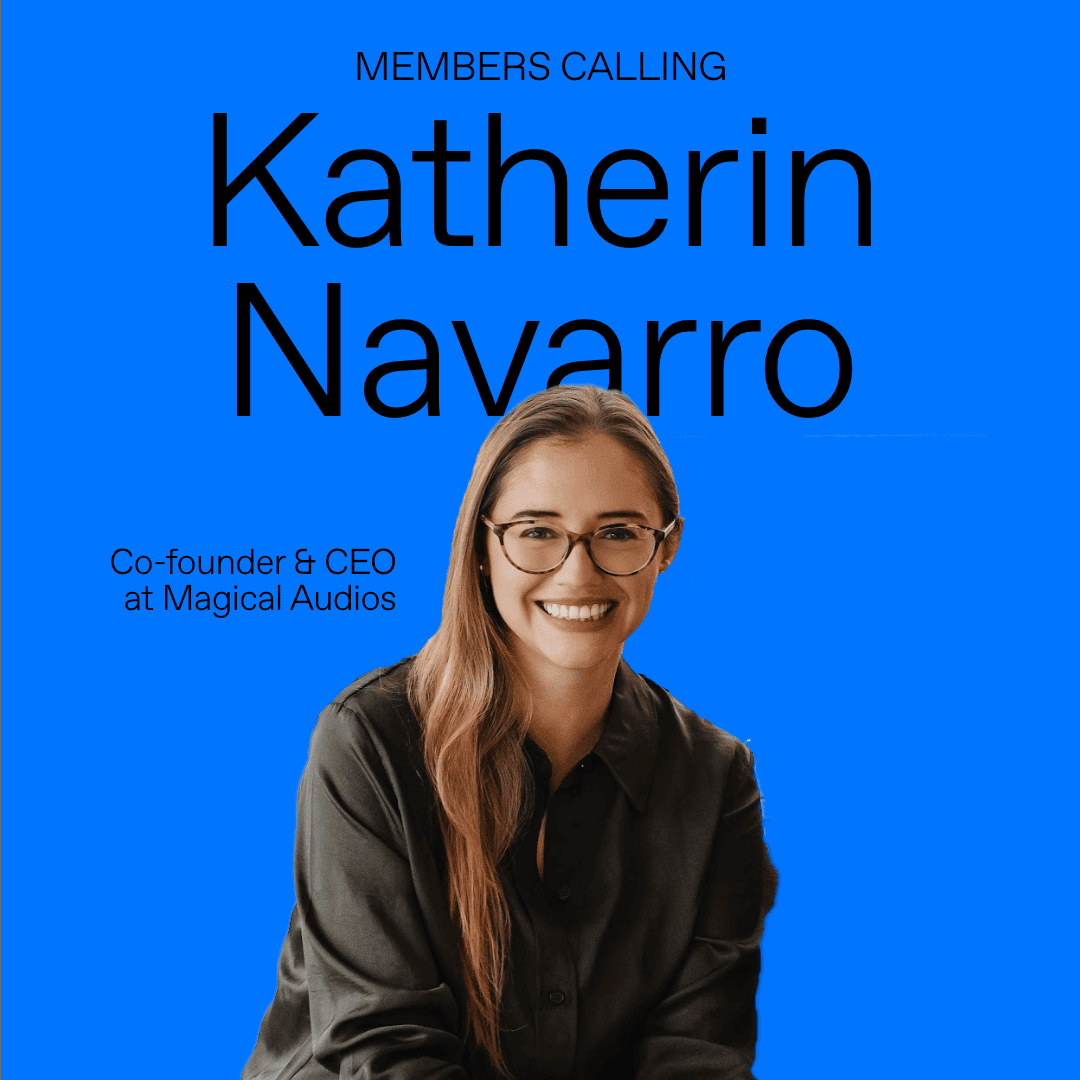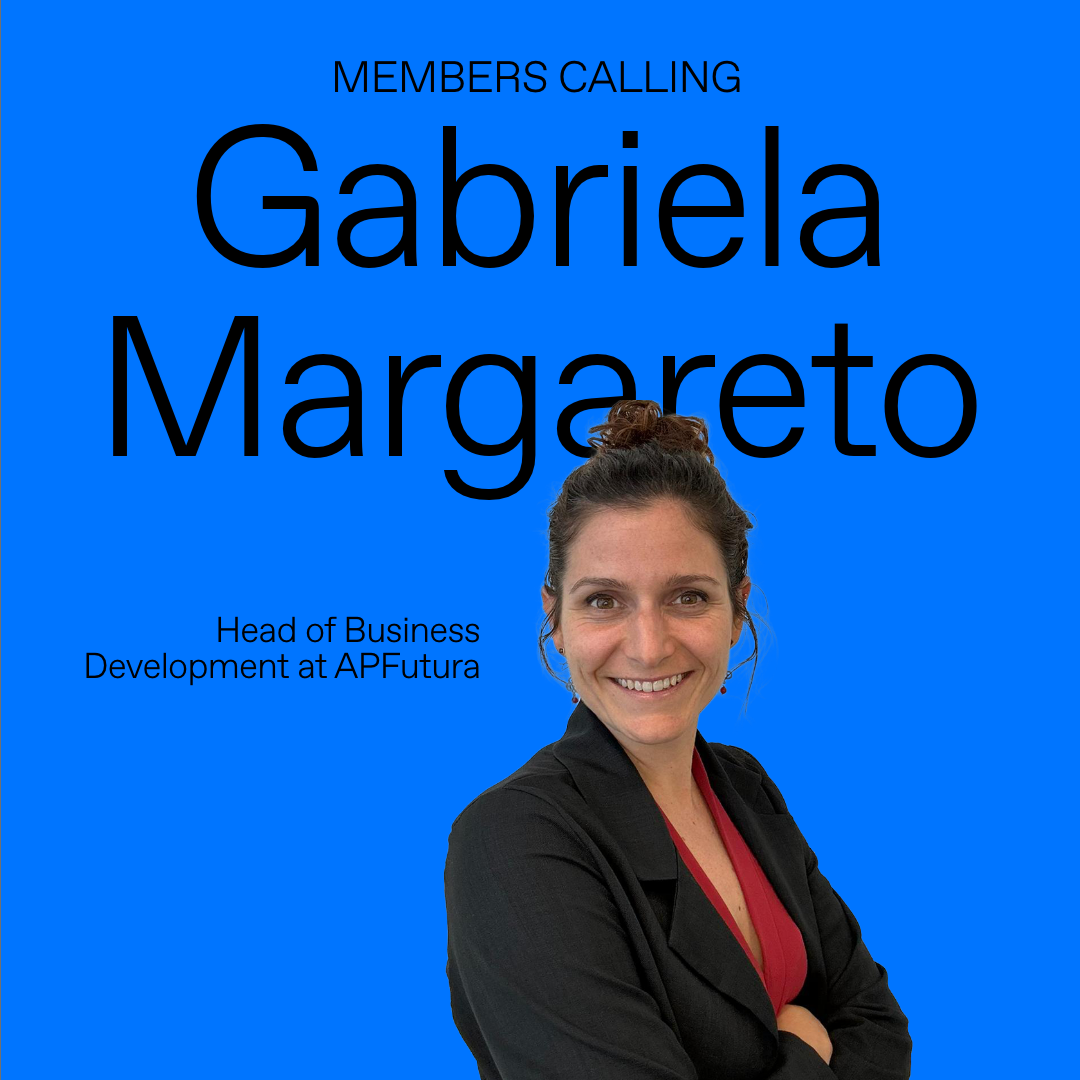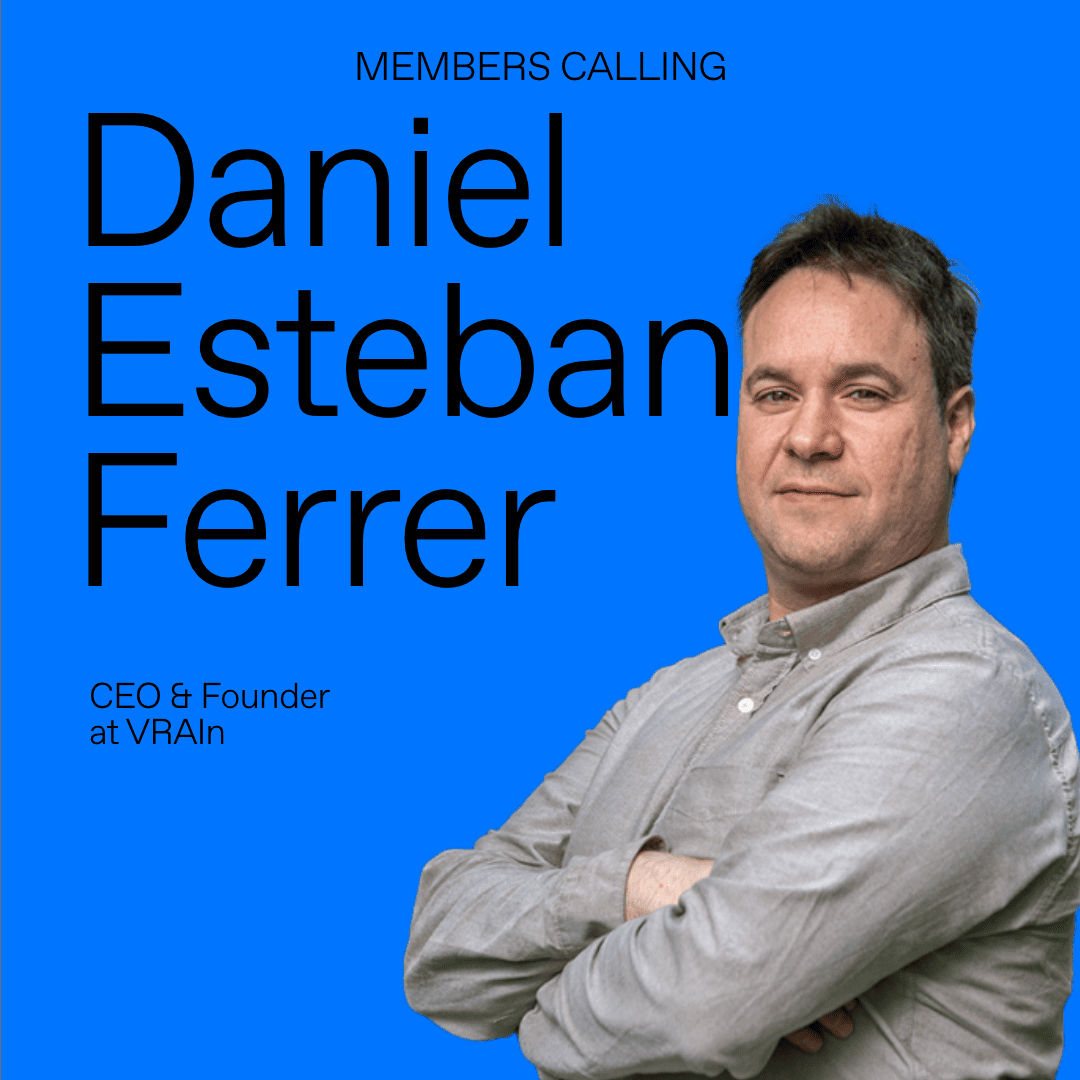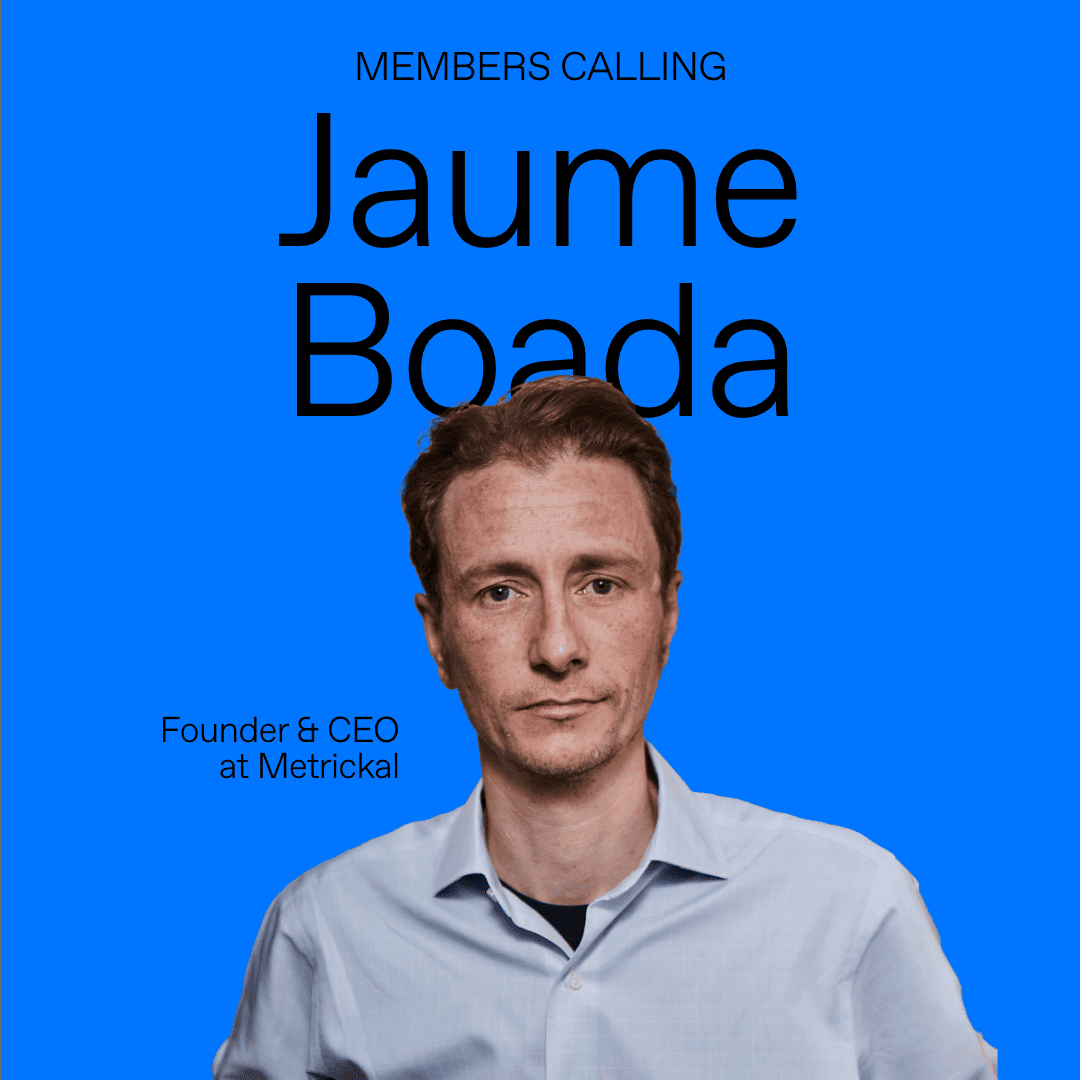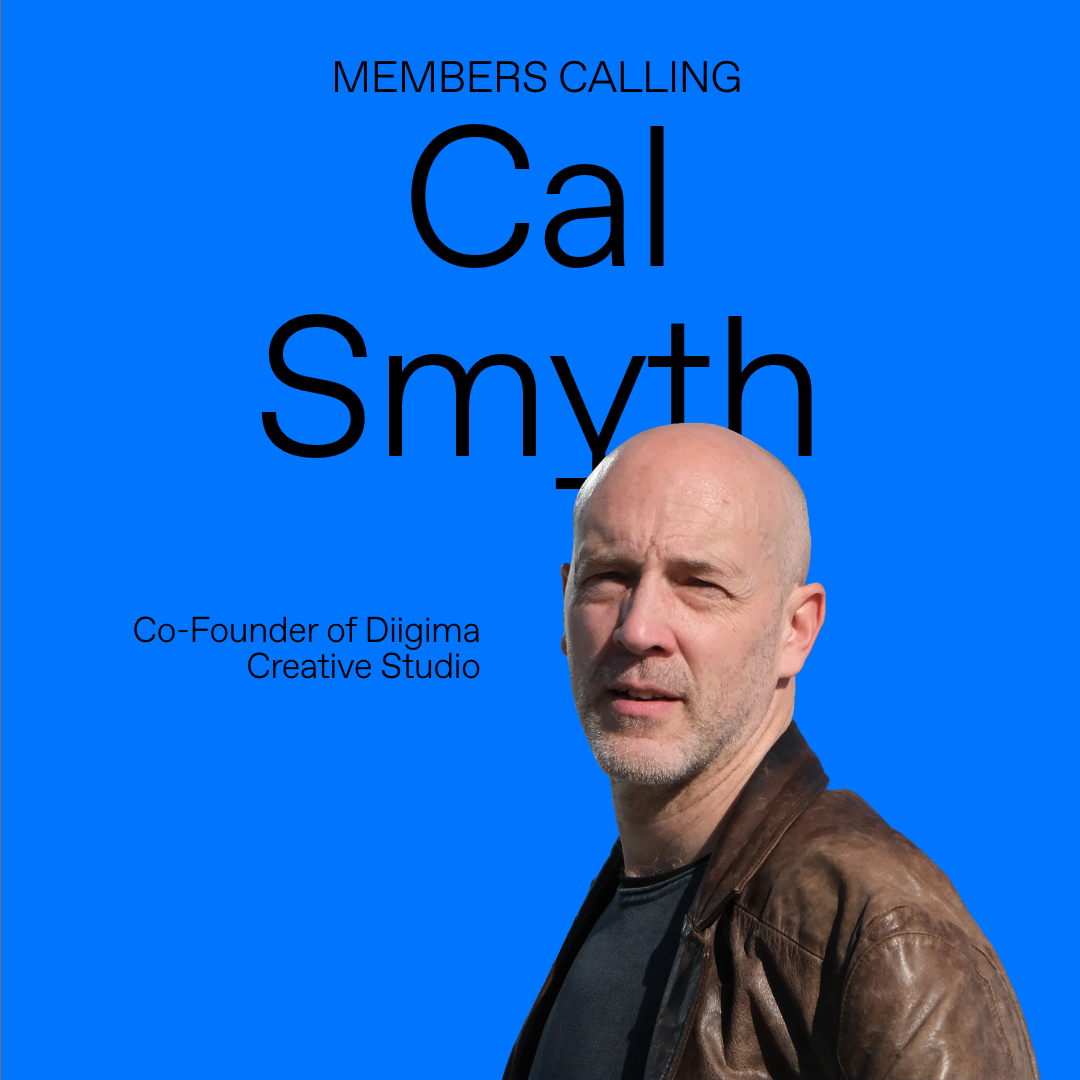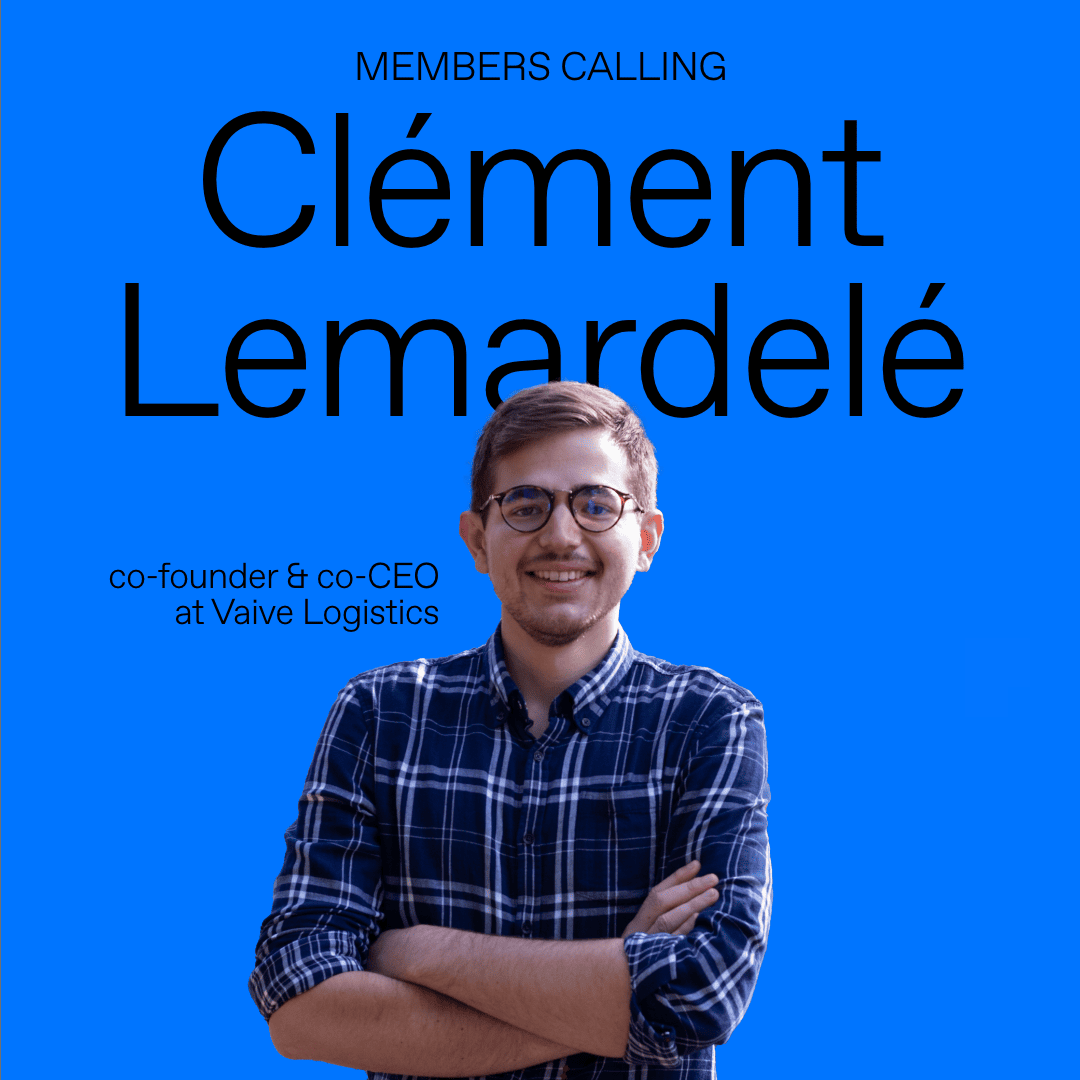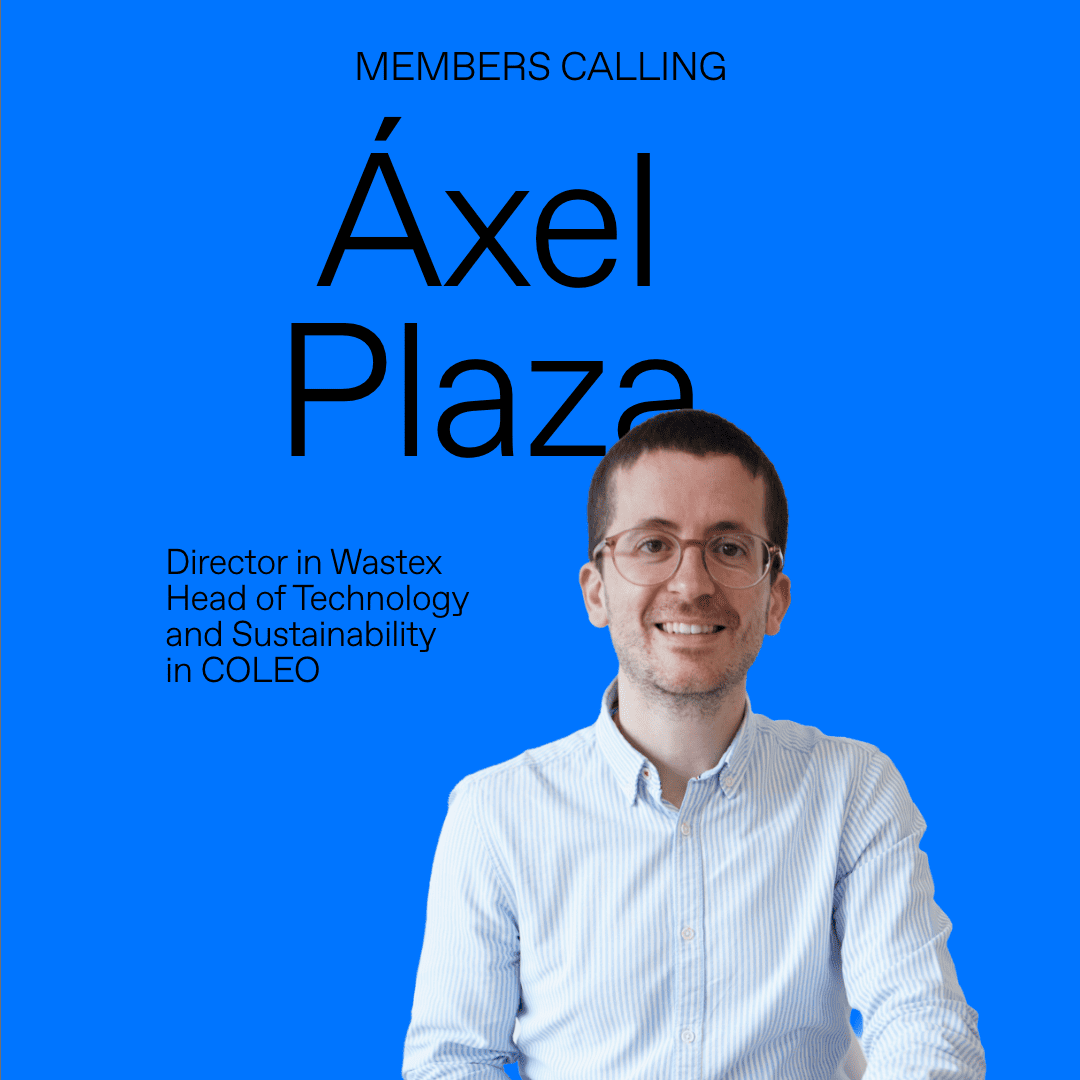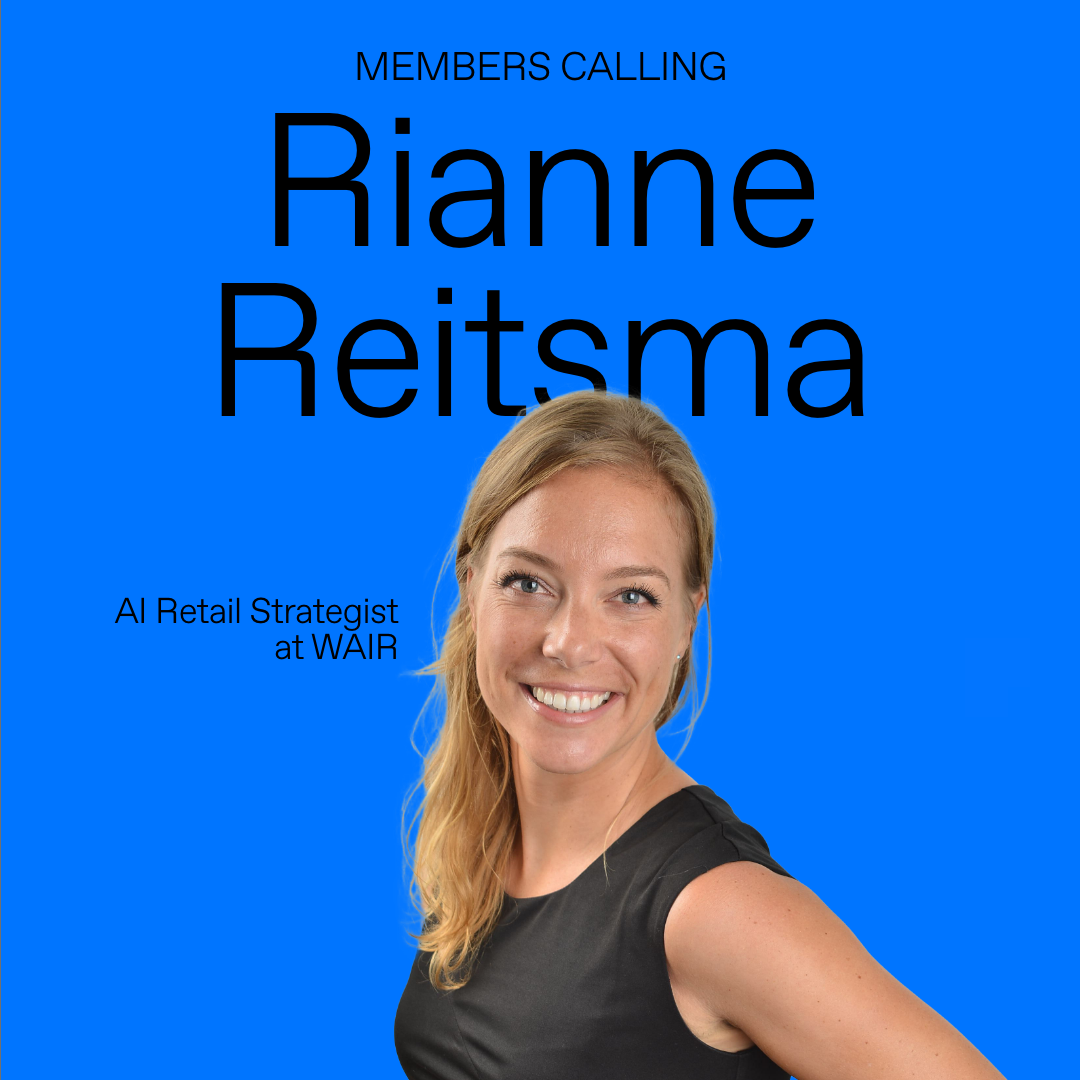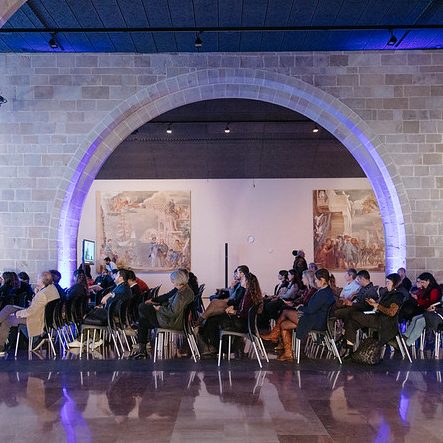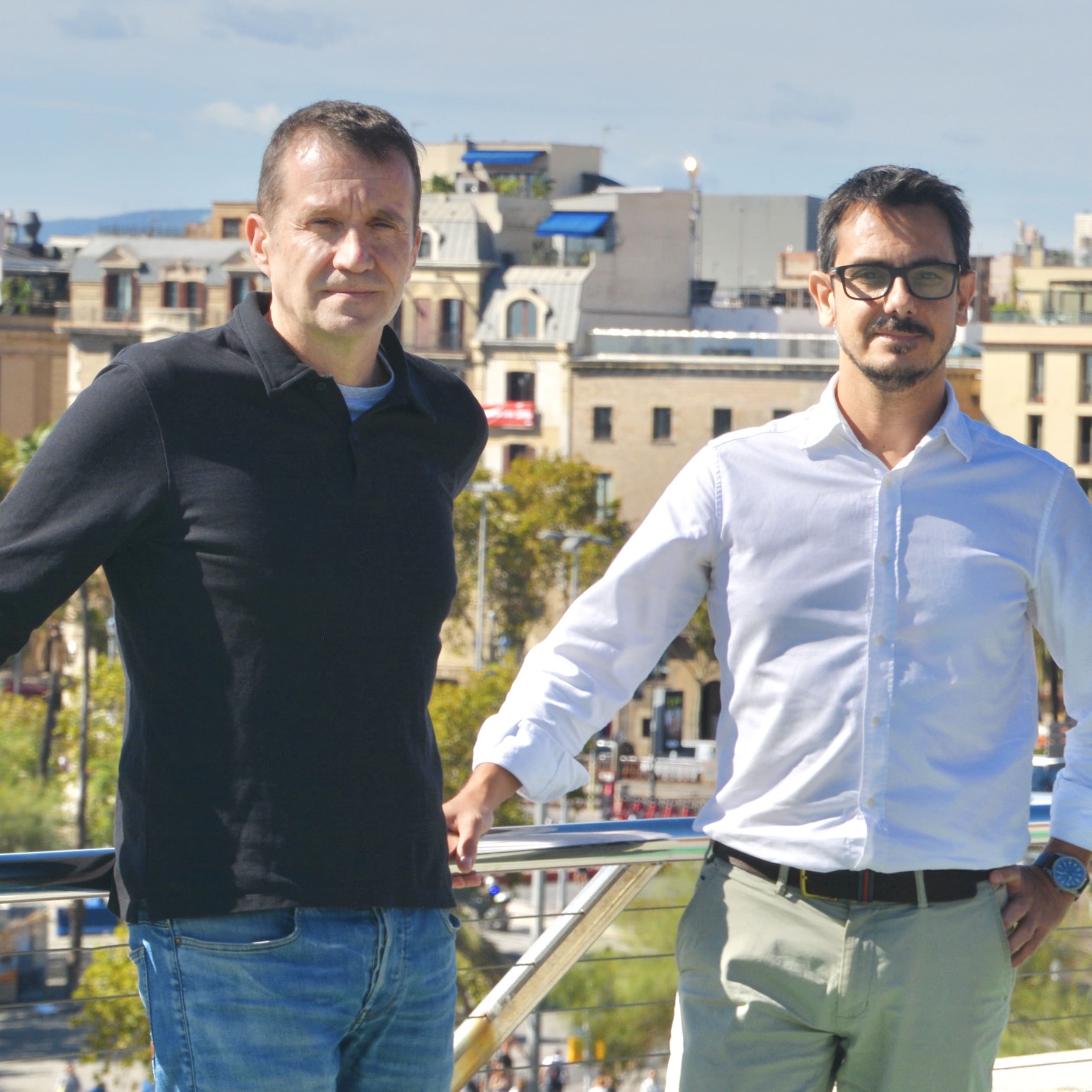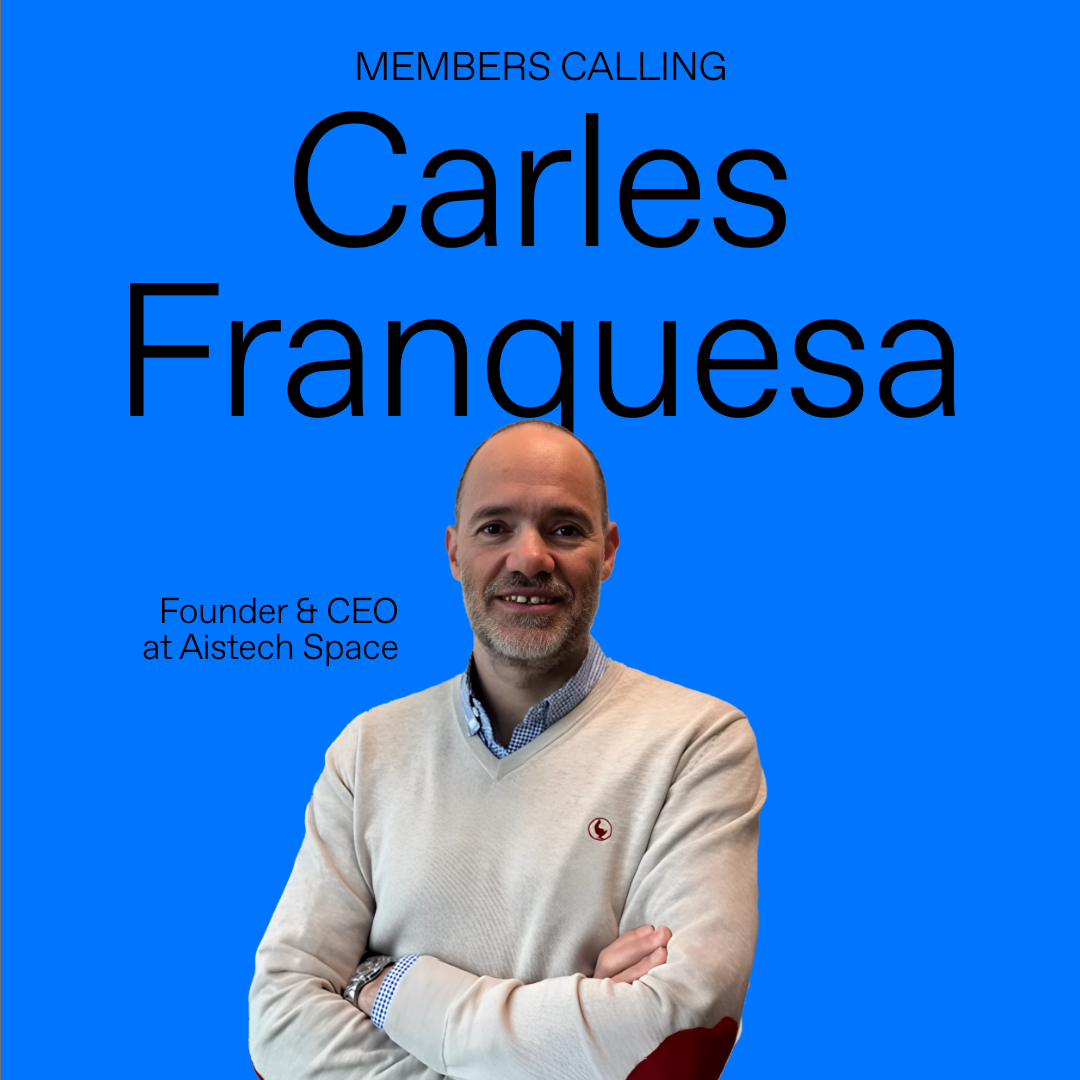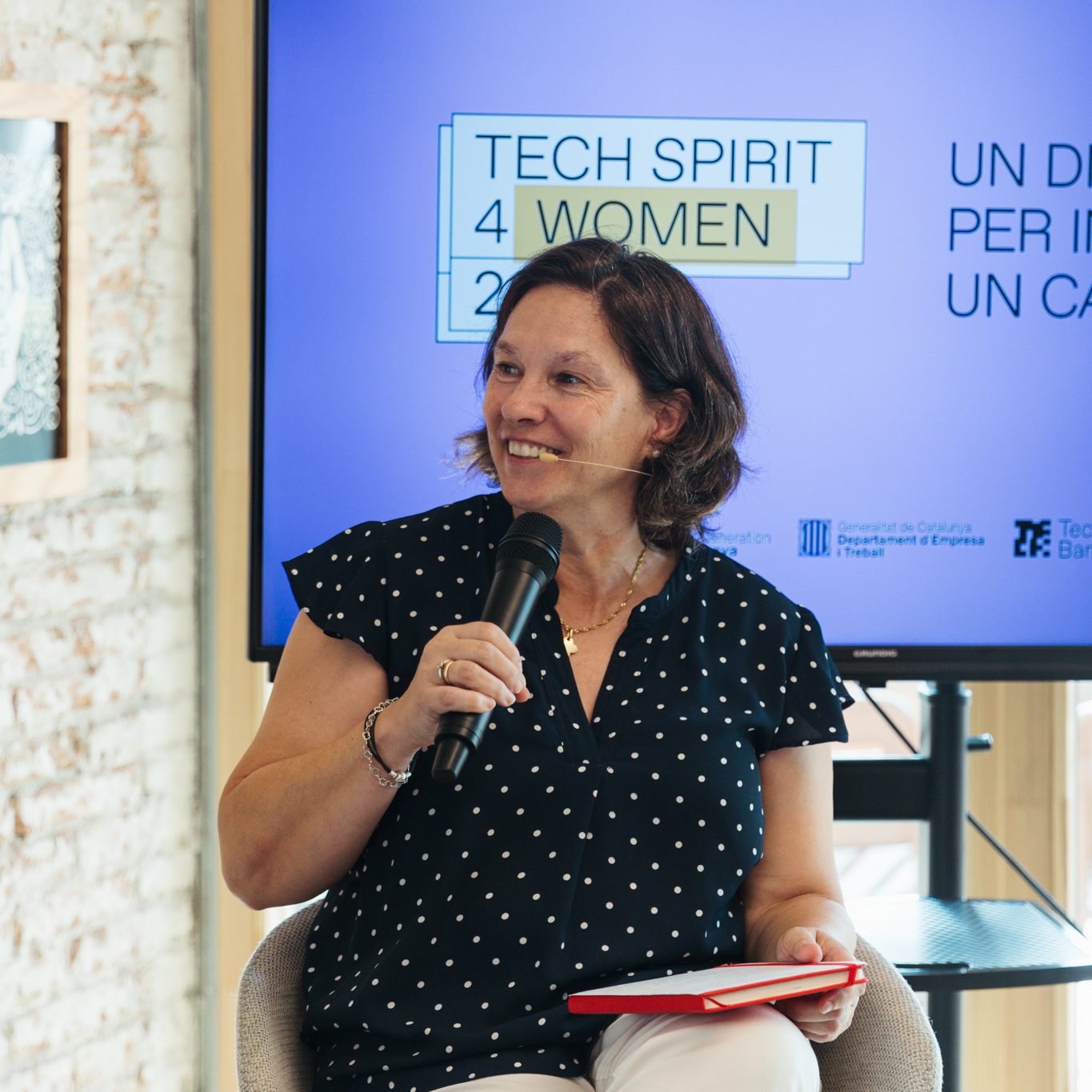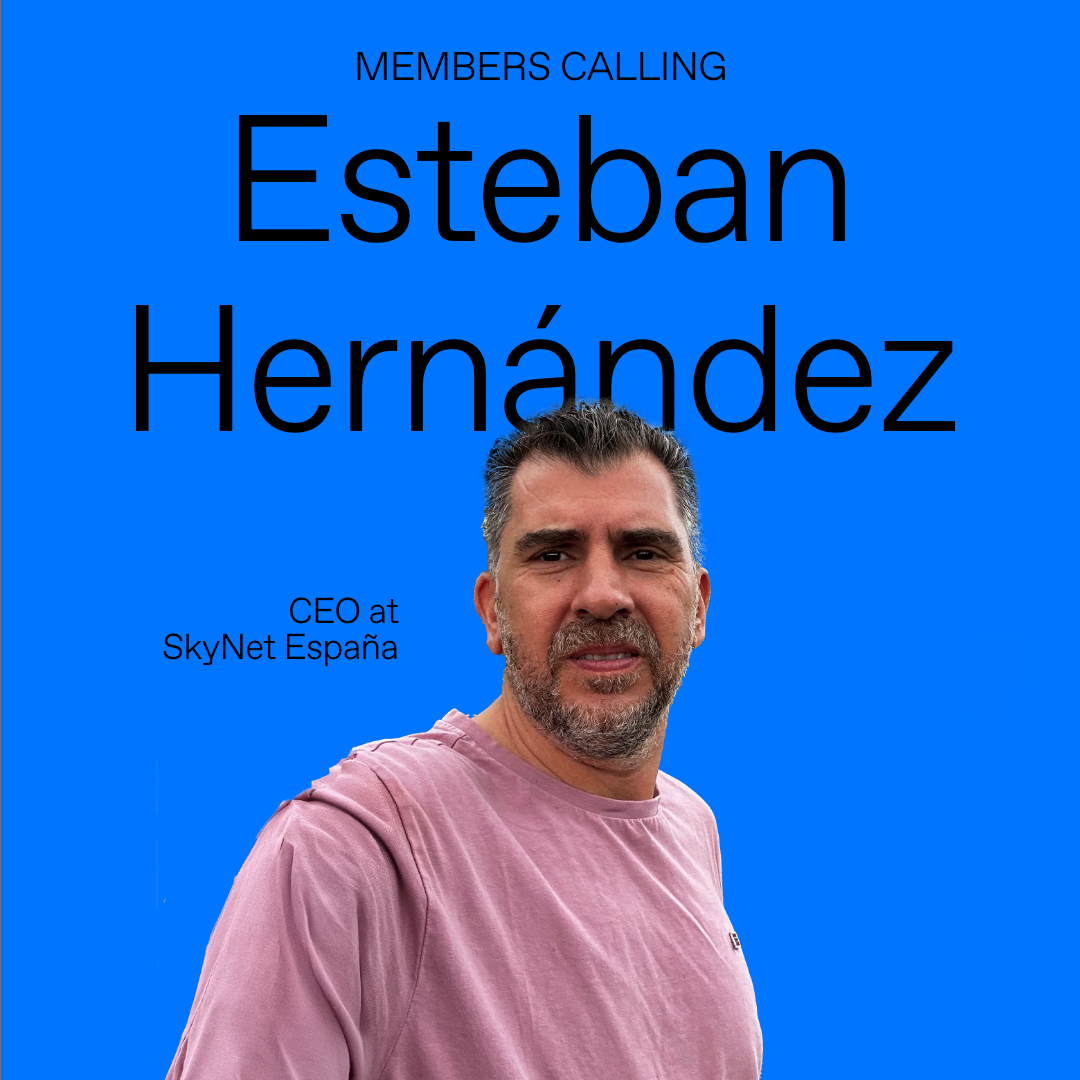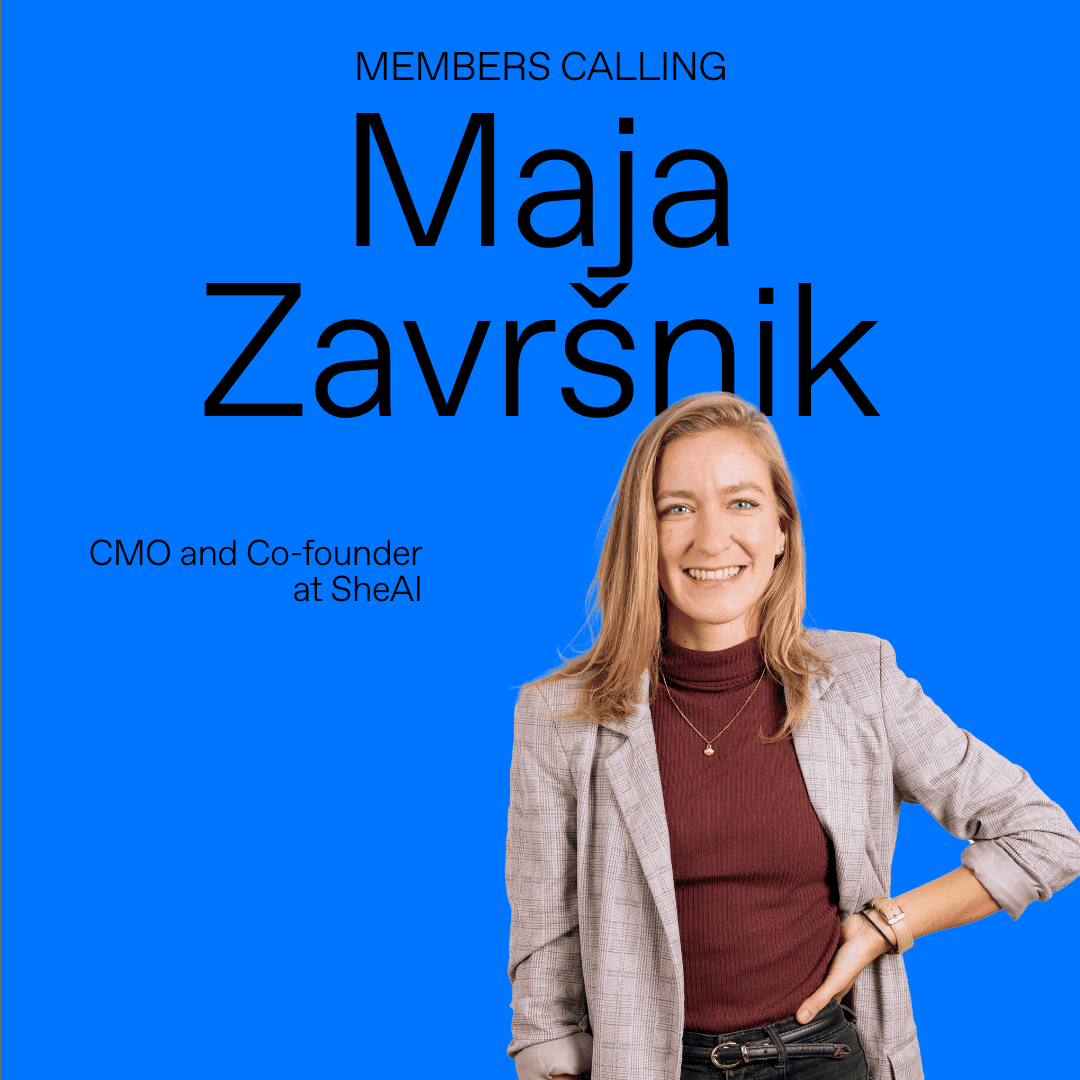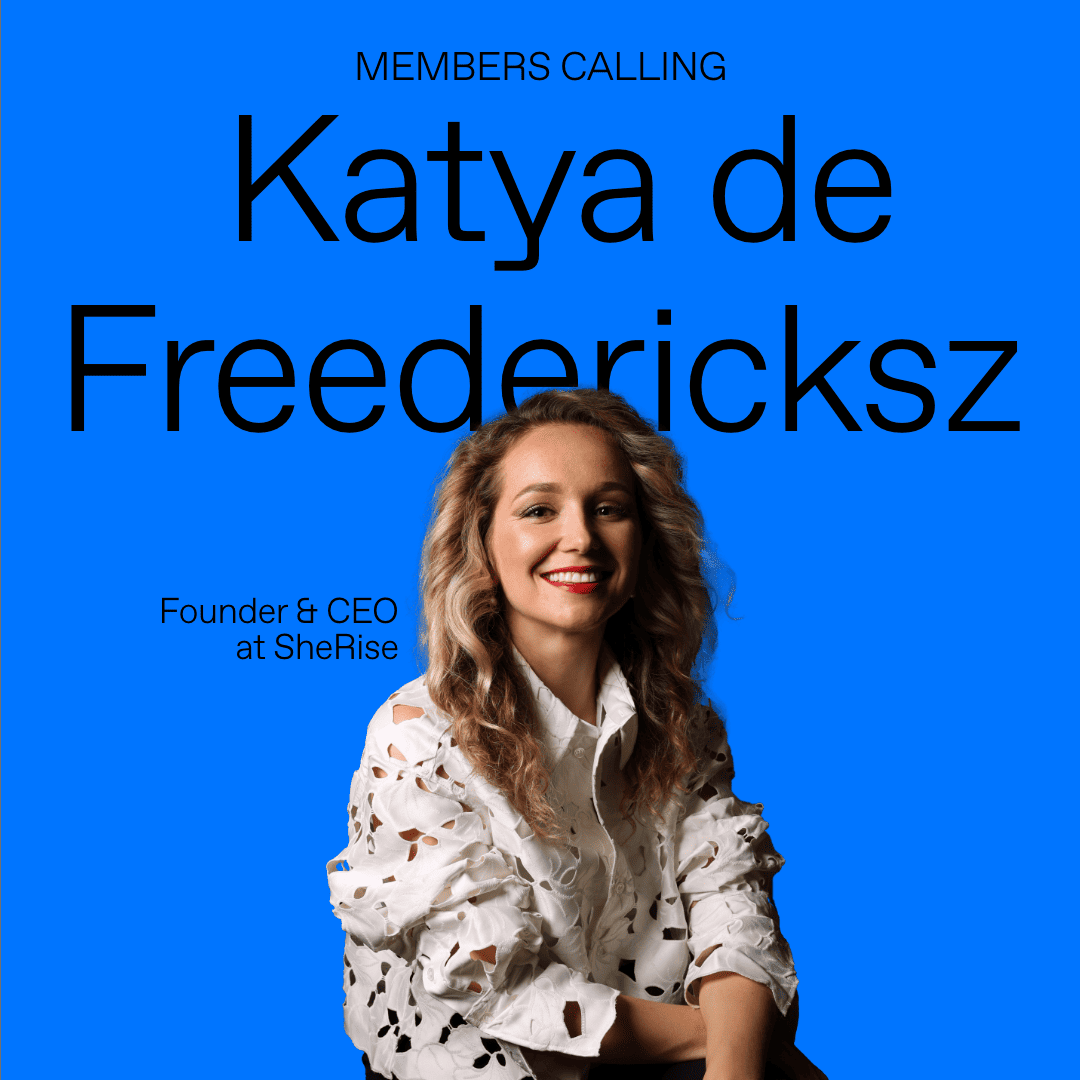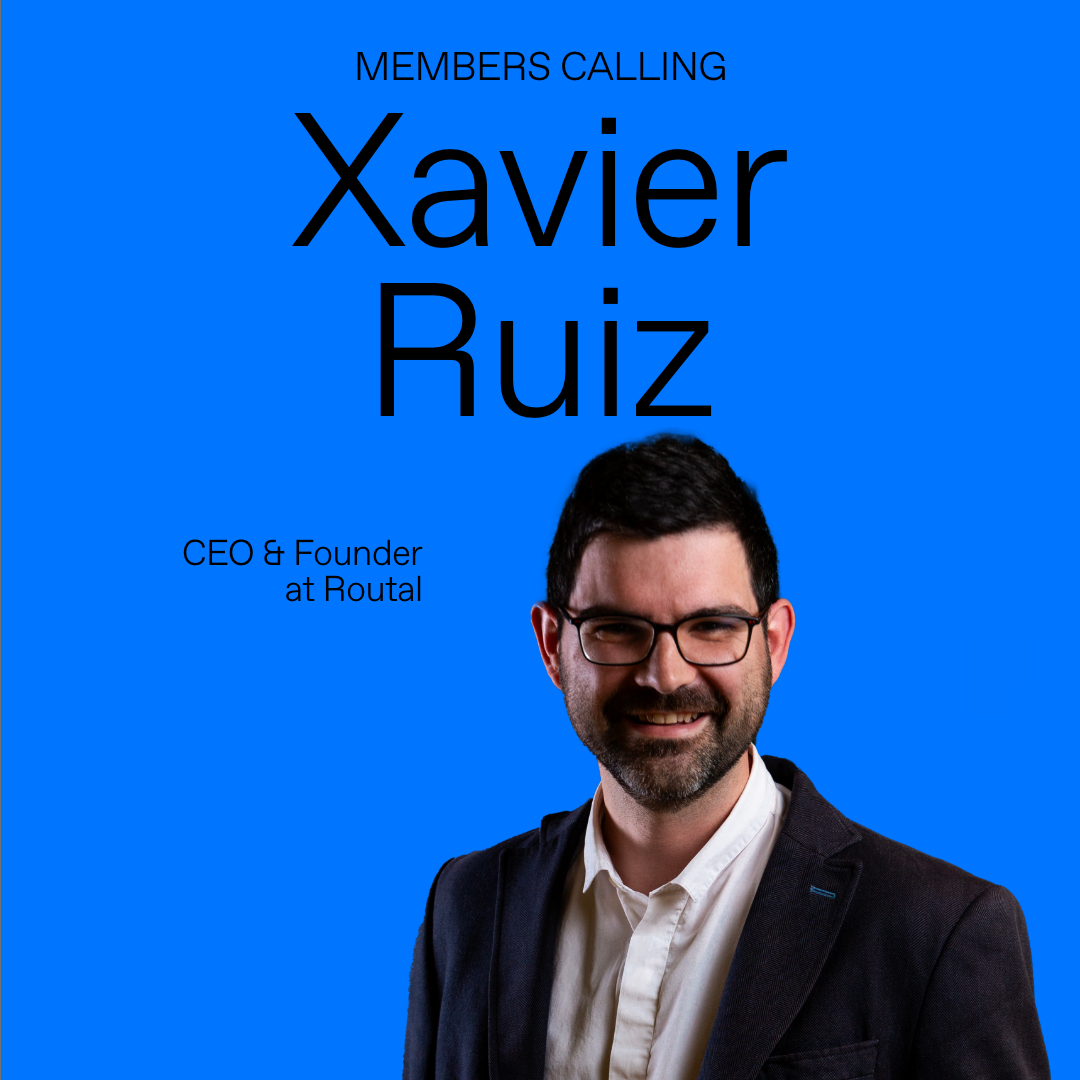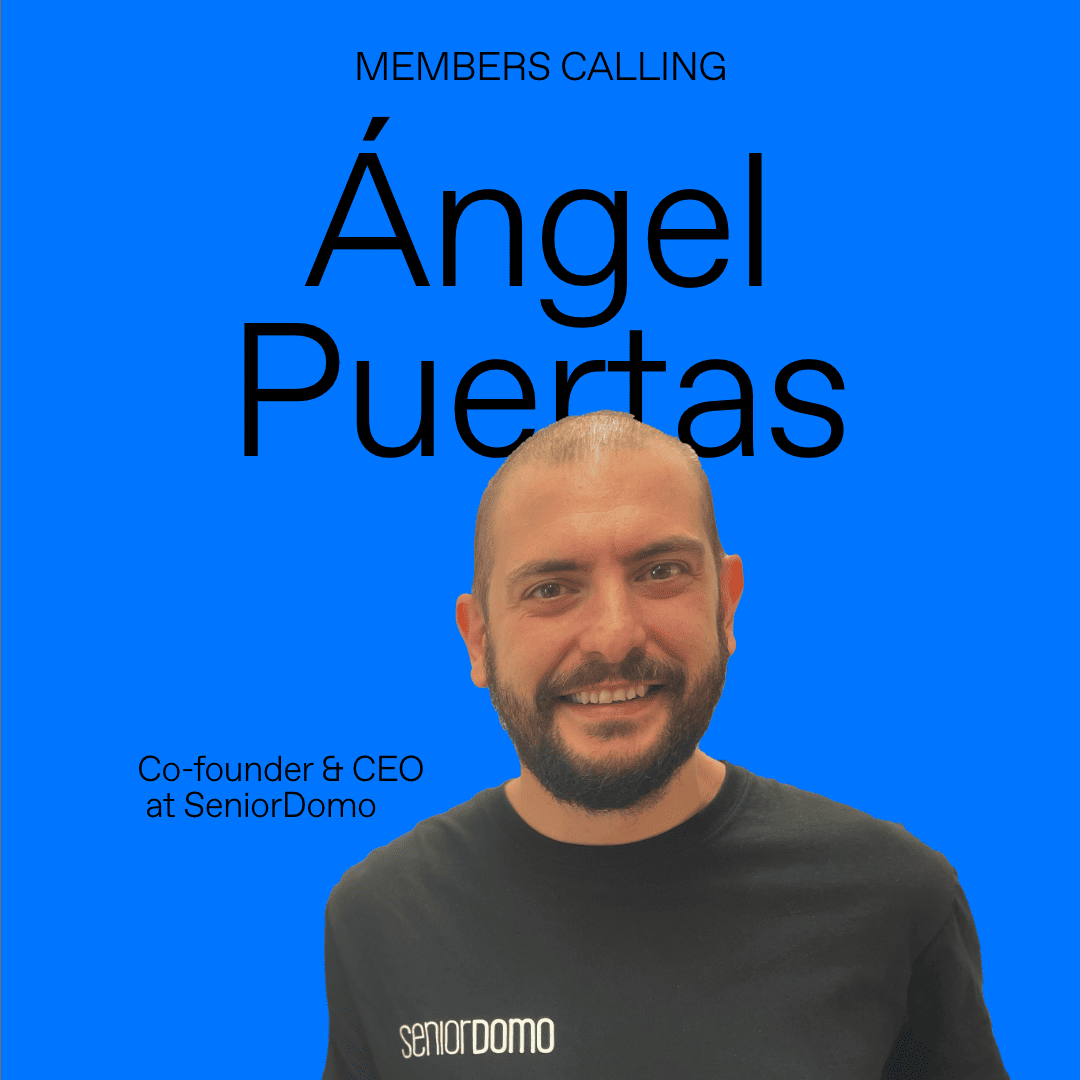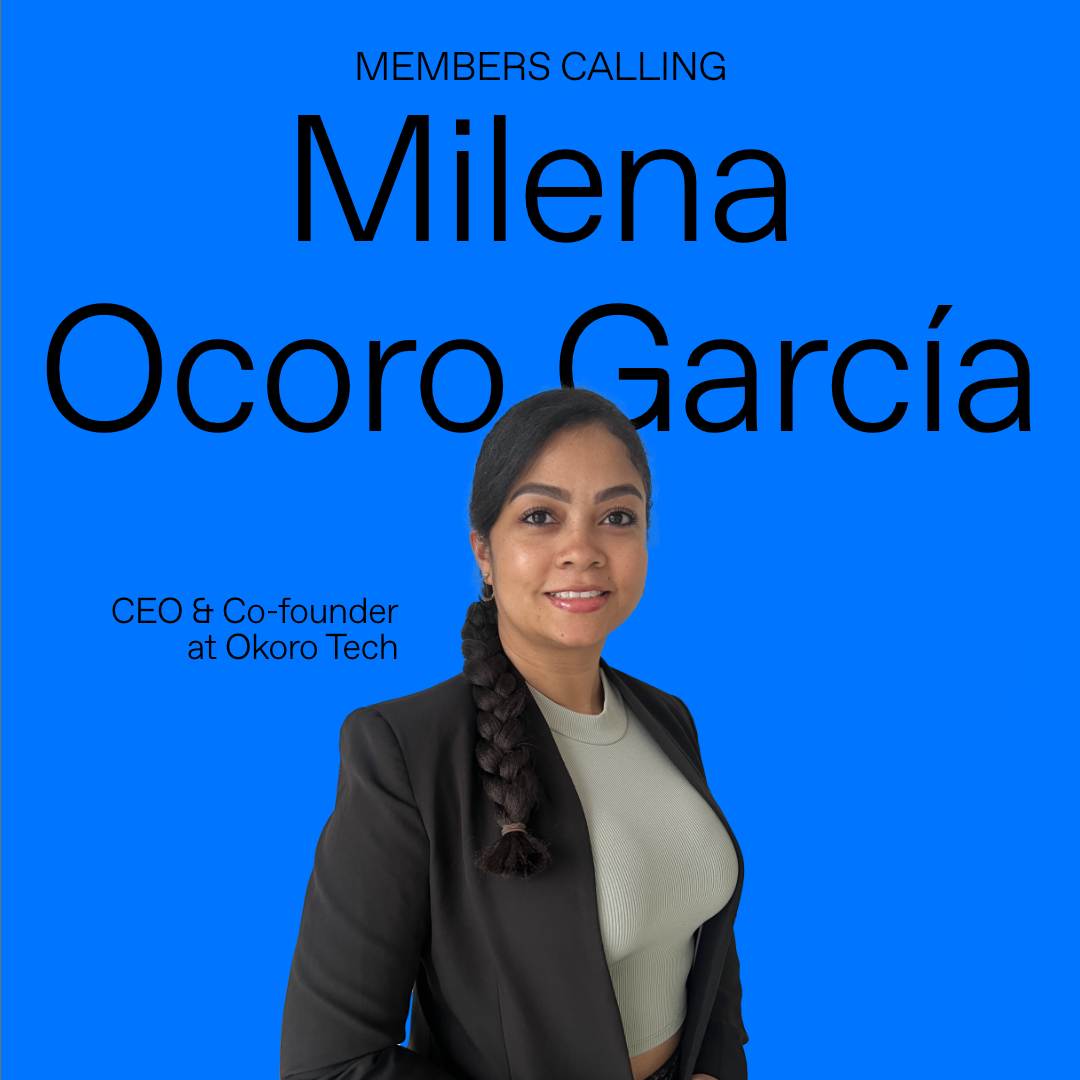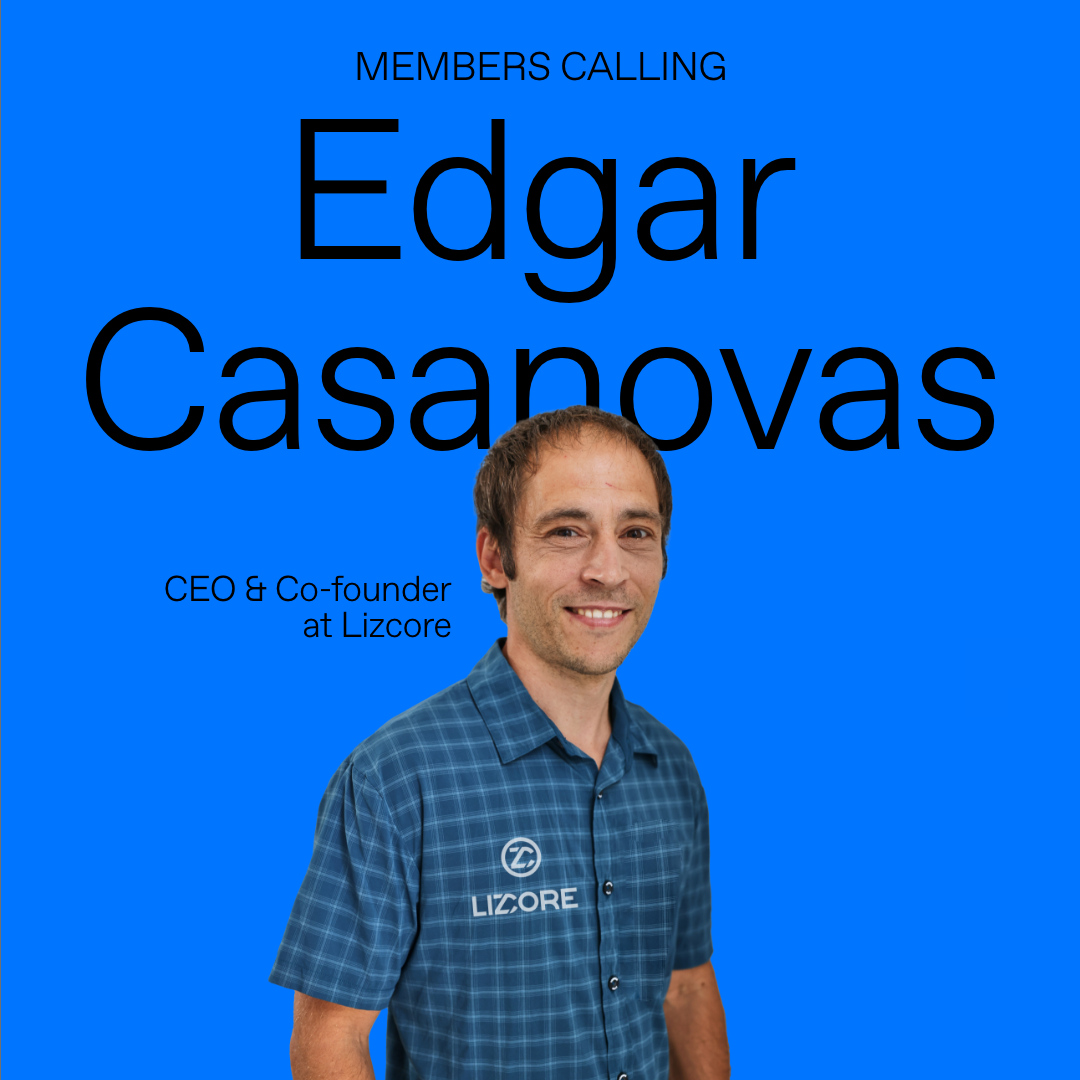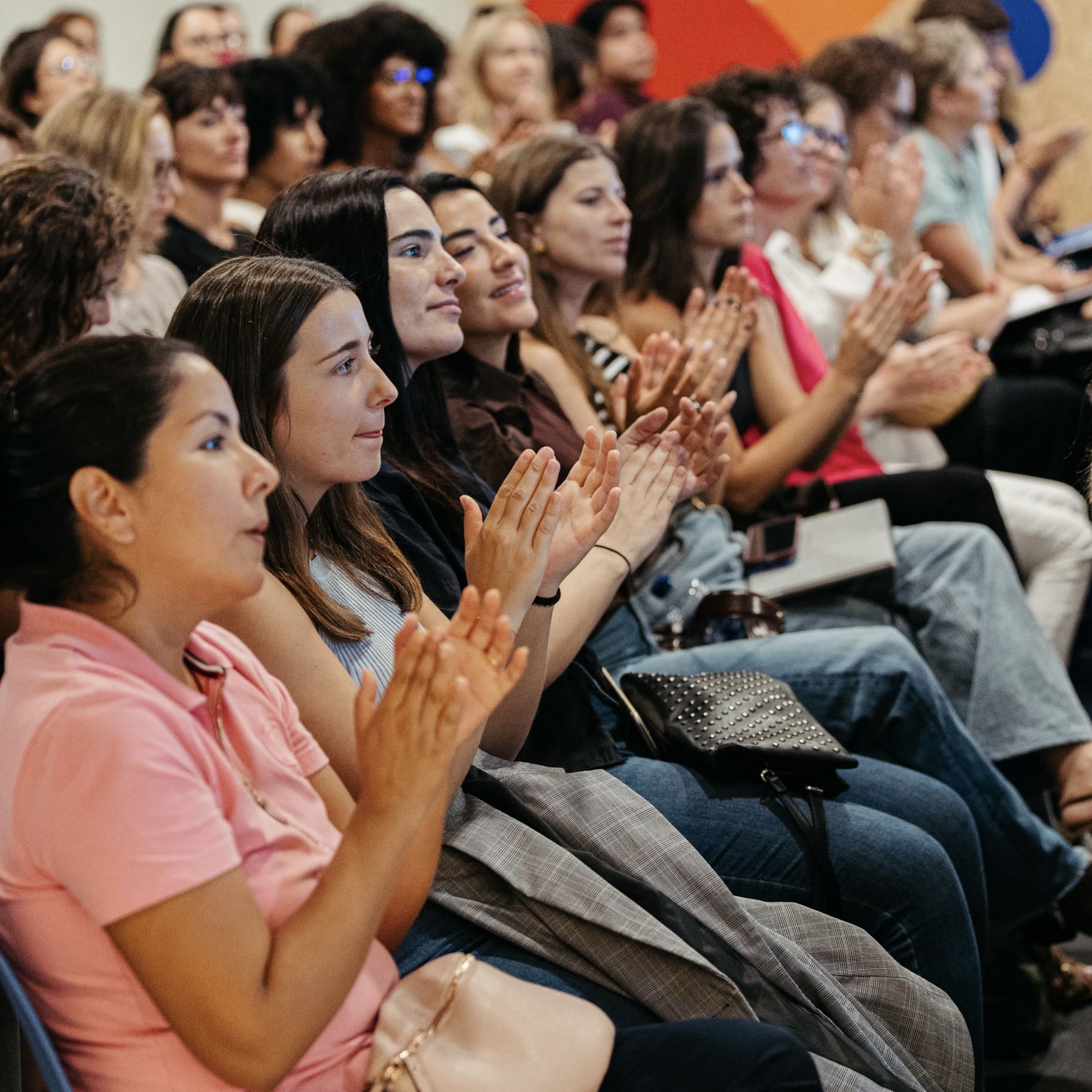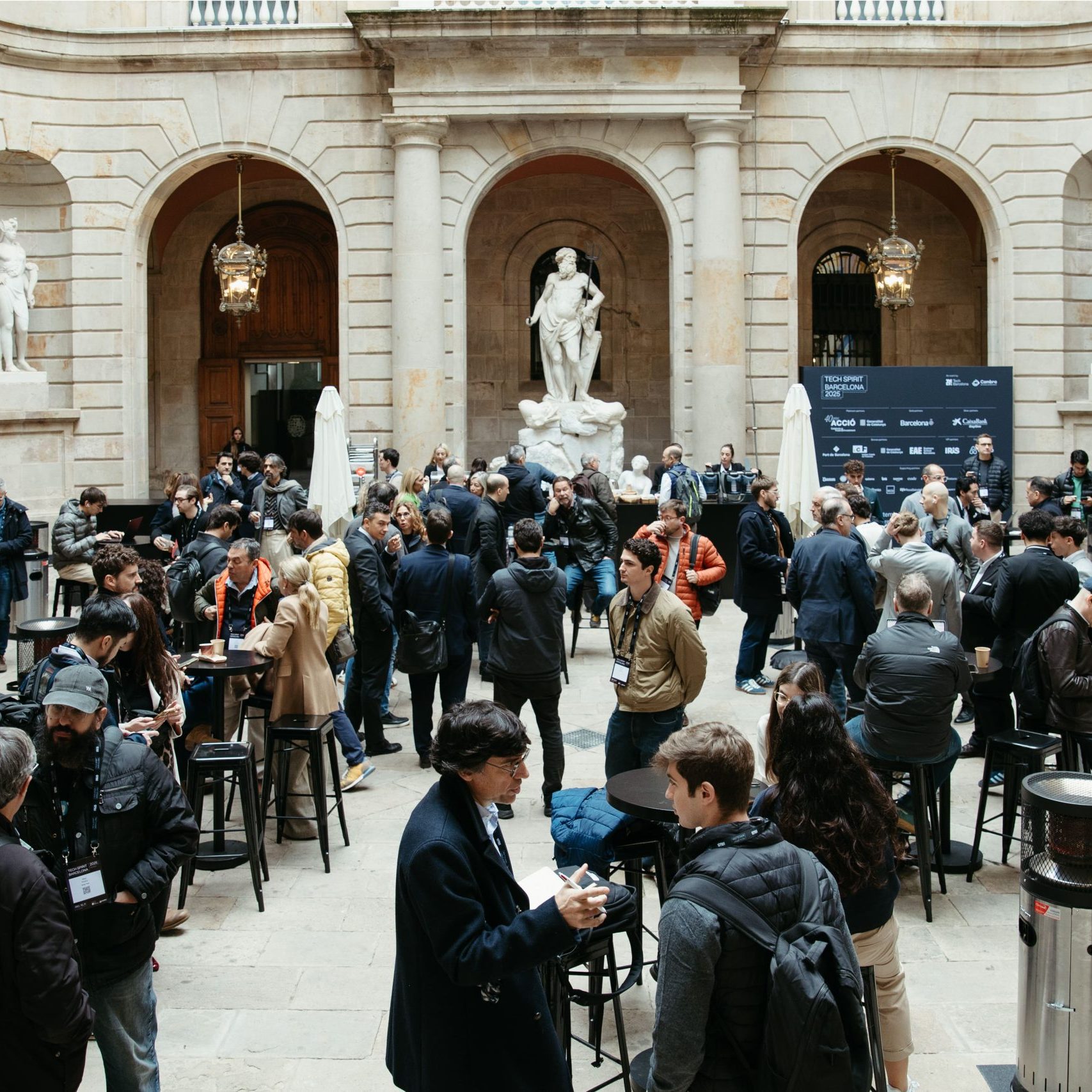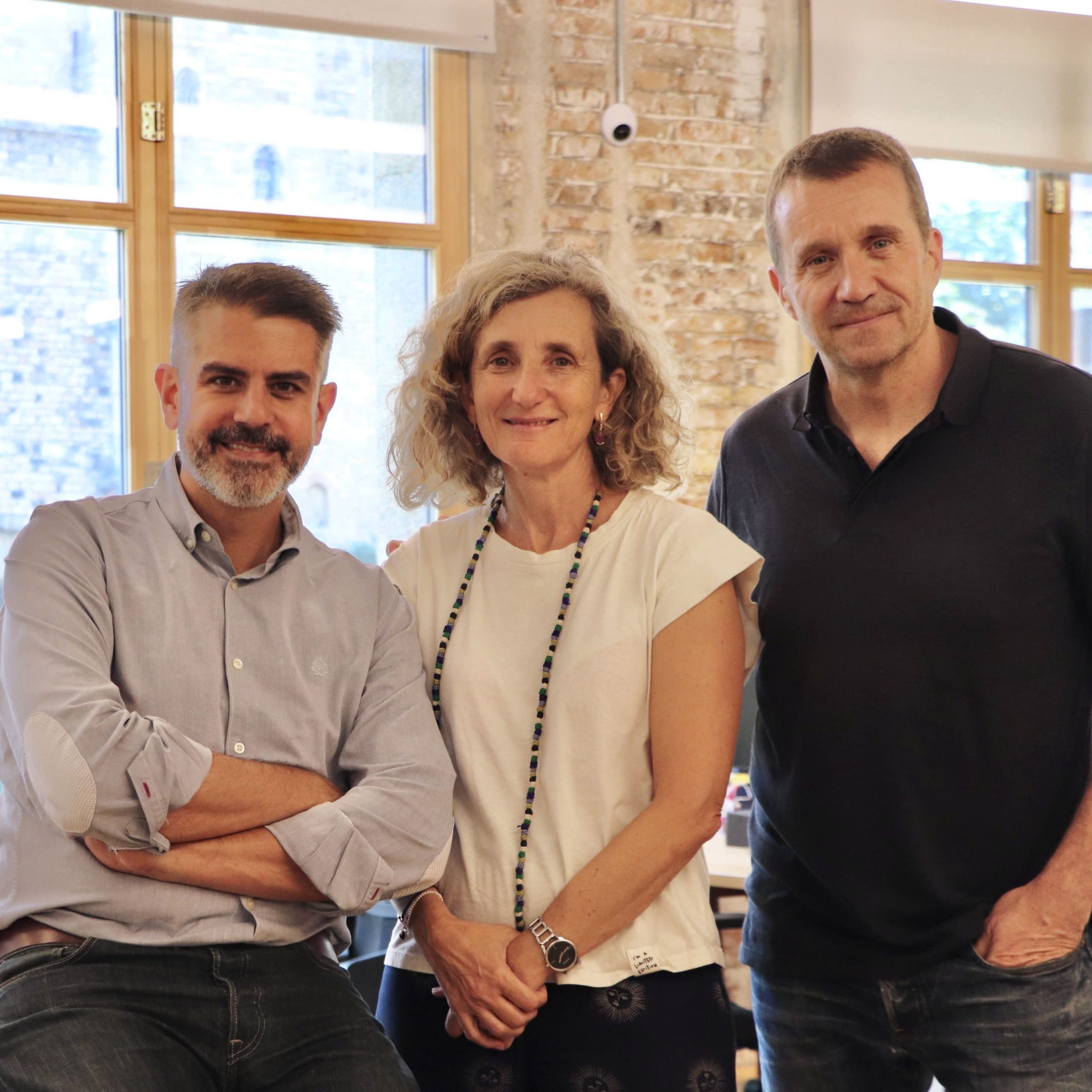Noticias
Members Calling #129 | Levón Ordyan: “I had to get on my feet and learn on my own”
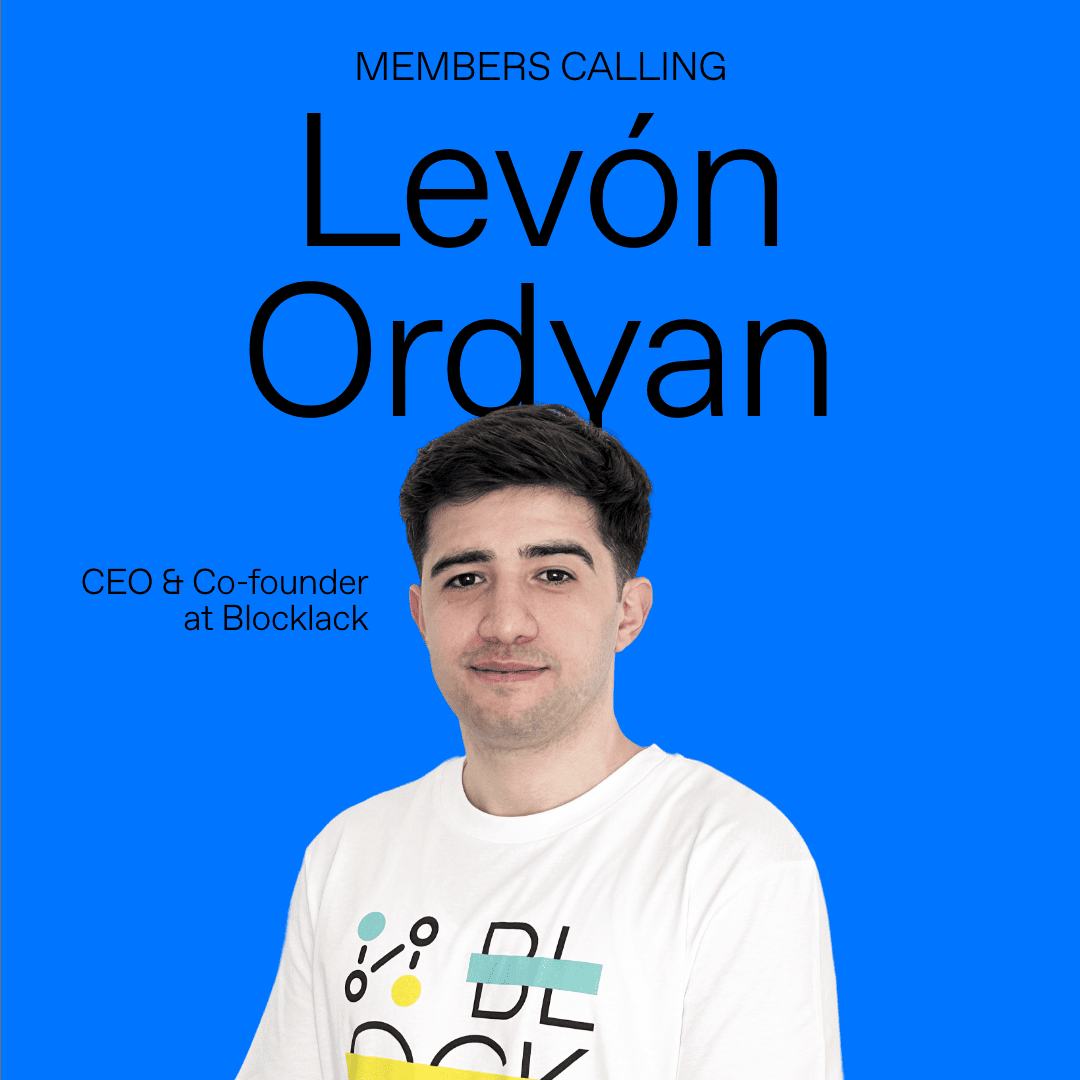
If companies really understood what blockchain is, many would instantly recognize its ability to transform them. Levón Ordyan (Yerevan, Armenia, 1992) is convinced of this.
He was already working at the age of thirteen. “Self-taught”, as he calls himself, he soon started developing blogs and websites, specializing in UX/UI design, branding and graphic design, while closely following the evolution of blockchain, a technology that initially caught his attention through Bitcoin, but which he soon understood as a new way of conceiving digital property, decentralized finance and online identity. Seen the opportunity, he jumped into co-founding the solution: Blocklack, a startup that seeks to integrate blockchain with design to create more secure, decentralized and user-centric digital experiences.
TB: What is the purpose of your project?
LO: To help startups and corporations understand what blockchain is and how they can use it in their day-to-day business. We want to make its adoption easier and more accessible, helping to improve transparency, security and efficiency in their processes.
TB: What stage is the project at and where do you see it in two years?
LO: We started as a company at the end of 2022 and, since then, we have been putting together a team working from different parts of the world. Right now we are ‘full steam ahead’ developing our own app, BlockVault, which we hope to launch this year. In a couple of years, we imagine ourselves with the product well underway, growing at a good pace and helping more people to understand all that the blockchain world has to offer. We truly believe in its potential, not only because of its innovation, but also because of the security that cryptography brings.
TB: What has been your biggest challenge?
LO: I arrived in Spain when I was 13 years old and, honestly, it wasn’t easy. I started working at that age because I come from a family with limited resources. I worked up to 12-hour days. In addition, I had many barriers, such as language. Spanish and Armenian are nothing alike, so I had to get my act together and study on my own. I am self-taught. I started doing news blogs and websites, and by the age of 15 I was setting up my first online store selling and chartering yachts for a client.
TB: The best advice you’ve ever received.
LO: I’ve been given a lot of good advice, but there are two that I always carry with me. The first: “In the graveyard, there are many people who would give anything to have your problems,” reminds me that being alive is already a huge opportunity. And the second one: “You don’t need to have diplomas to be a genius”. It taught me that the most important thing is curiosity, the desire to learn and create, not so much the paper you have hanging on the wall.
TB: A technology that will shape the future.
LO: Blockchain, of course. Not only is it changing how we handle money, but it has the potential to transform many industries. And the best part is that it’s just getting started.
TB: A startup or company.
LO: Telegram. I love it because it’s very focused on privacy and being as decentralized as possible. It doesn’t rely on big corporations and its commitment to security and freedom of expression makes it a very powerful alternative to other more traditional apps.
TB: What helps you disconnect?
LO: I love to drive aimlessly, just enjoying the road, with chill-out music in the background and, of course, accompanied by my dear wife. It’s my favorite way to unwind and recharge.
TB: A book to recommend.
LO: ‘The Bible (New World Translation)’. I am a believer and I am convinced that there is a ‘Great Creator’. For me, the Bible is not only a spiritual book, but also an impressive work: it is the best-selling book in history, recognized by Guinness and is made up of 66 books written over 1,600 years by some 40 authors who didn’t even know each other. Yet it all fits together with incredible coherence.
TB: A series, movie or song that defines your moment in life.
LO: ‘The Vow’, with Channing Tatum. It’s a movie that touches me. It talks about love, struggle and how life can change from one moment to the next. I think at this point in my life it really resonates with me because of all that’s involved in committing and moving forward, no matter the obstacles.
TB: A recipe, a restaurant.
LO: I’m a fan of Armenian barbecue, but I also love Georgian food, especially ‘khinkali’ and ‘khachapuri’. And, of course, I must mention paella, seafood and calamari, they’re my thing! In Barcelona, my favorite restaurant is KINZA, in the Eixample neighborhood. It’s a spectacular place to enjoy good food.
TB: A place in the world.
LO: St. Petersburg. It’s a city that exudes love, passion and culture. The books, the history, the architecture… everything there invites you to immerse yourself in a unique atmosphere.
TB: Where would you invest 100k?
LO: I would invest in tech projects, especially startups working with blockchain or artificial intelligence. I think these are areas with huge growth potential. I might also consider diversifying a bit into real estate and index funds to ensure a more stable long-term investment.
TB: If you weren’t an entrepreneur…
LO: I love the world of design. I have over 15 years of experience in graphic design, UI/UX, web and branding, and the truth is I can’t imagine doing anything else. I’ve been lucky enough to work on amazing projects and have always been passionate about creating something visually appealing that conveys a message or a brand. If I wasn’t in the world of entrepreneurship, I would definitely be immersed in design.
TB: What does Tech Barcelona mean to you?
LO: Tech Barcelona is a key ecosystem for the city’s entrepreneurial world. It’s a place where startups, technology and innovation connect and grow. For me, it’s a reference point, a space where ideas are fostered and community is created, all with the goal of boosting talent and technology in Barcelona.
